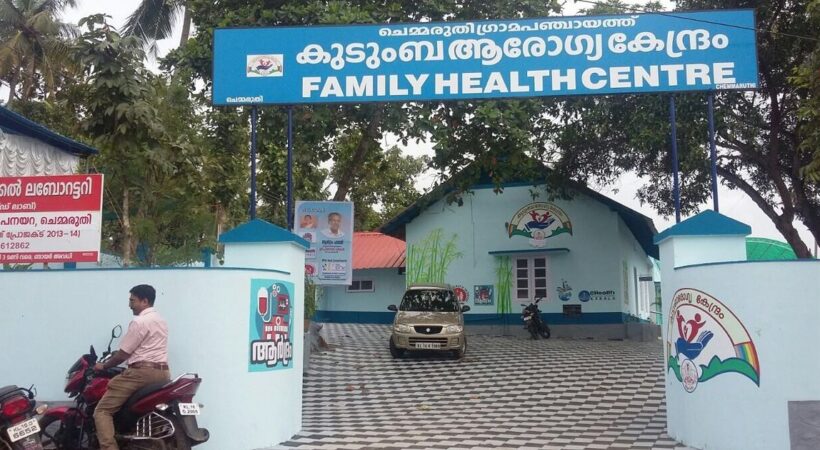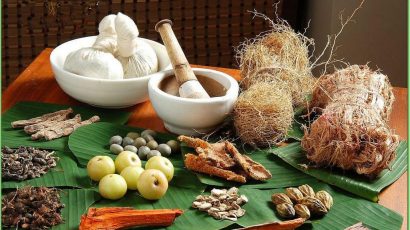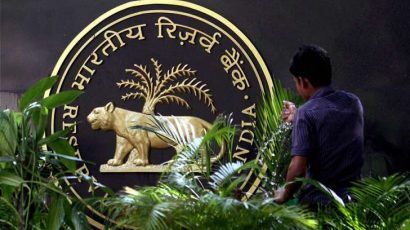Kerala to Launch Dedicated Women’s Wellness Clinics Across All Health Centres

The Indian state of Kerala is set to launch special women’s wellness clinics across all 5,415 People’s Health Centres on September 16. These clinics aim to provide early screening and care for conditions such as anaemia, diabetes, hypertension, and cancer. They will also support women experiencing fatigue, gynaecological and reproductive health issues, perimenopause, and menopause.
Healthcare workers have been instructed to encourage women to attend regular check-ups to facilitate early diagnosis and timely treatment of health complications.
Health Minister Veena George congratulated healthcare workers on social media for their role in implementing early screening initiatives and the VIVA campaign, which targets anaemia among women. She also noted that Kerala has achieved a record low infant mortality rate.
At the national level, the central government has introduced several initiatives to improve women’s health, especially in underserved and rural areas. Under the Ayushman Bharat – Health and Wellness Centres (AB-HWCs) scheme, approximately 1.6 lakh centres offer free screenings for breast, cervical, and oral cancers. These centres also host Health Melas to raise awareness and increase service uptake. The eSanjeevani Teleconsultation platform has facilitated over 14.35 crore virtual consultations.
States and Union Territories now provide essential medicines and diagnostics at no cost, including up to 134 diagnostic tests at district hospitals.
According to a joint report by the George Institute for Global Health and ICMR, the burden of communicable, maternal, neonatal, and reproductive diseases in India has declined from 53% in 1990 to less than 30% in 2016. However, non-communicable diseases (NCDs) now account for over 65% of female deaths, highlighting the need for a life-course approach to women’s health.
The Indian government continues to run several flagship programs, including Pradhan Mantri Matru Vandana Yojana, which provides financial support to pregnant and lactating women during their first live birth. The National Nutritional Anaemia Control Programme promotes iron and folic acid supplementation across age groups, deworming, malaria control, and screening for haemoglobinopathies. The Integrated Child Development Services (ICDS) offers supplementary nutrition, immunization, health check-ups, referral services, pre-school education, and nutrition and health education for children.
These schemes have reached over 3.93 crore children and 80.6 lakh mothers through 1.24 million Anganwadi centres across India.
Globally, women in low- and middle-income countries (LMICs) spend 25% more of their lives in poor health compared to men. High rates of maternal mortality and morbidity persist due to limited access to quality prenatal and postnatal care, underscoring the urgent need for transformative health initiatives focused on women’s well-being.















